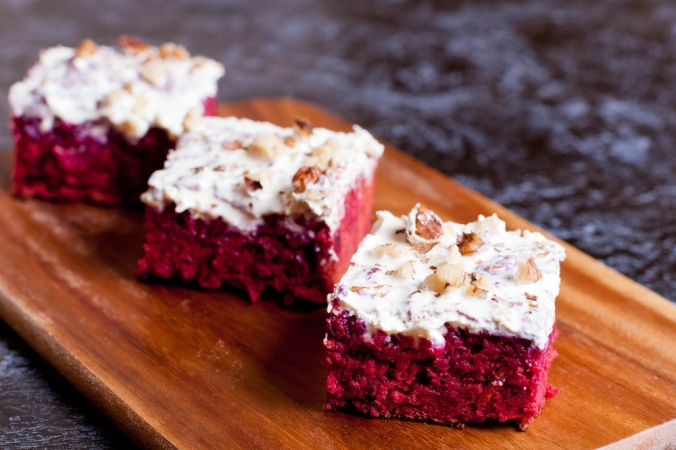Winter walks can take on a magic of their own, whether it’s snowy outside or crisp and dry. Winter weather may make us feel like snuggling up in the warm. But getting outside and taking some brisk walks can have so many health benefits, particularly for the heart and circulation. Plus it gets those feel-good endorphins ramped up!
So what should you eat to keep you going before, during and after a wintery walk?
Clinical nutritionist Suzie Sawyer shares some of her favourite foods to fuel you up and keep you warm!
START THE DAY RIGHT
There’s no better way than to start the day in preparation for your walk than to eat a bowl of porridge. It will keep your energy levels sustained for long periods because it’s packed with slow-releasing carbohydrates.
However, for those who can’t tolerate gluten or find traditional porridge oats too fibrous, then why not change it up with a bowl of amaranth porridge? It can be used in flake-form and is readily available in the supermarket. Most importantly, it’s higher in protein than traditional oats and contains a wealth of immune-boosting vitamins and minerals.
Amaranth flakes can be simmered with some coconut or almond milk with cinnamon and nutmeg (also very warming spices), and then cooked through with some chopped pears or banana. It will give your body a warm, healthy glow to set you on your way.
WARMING SNACKS
Whilst the body will be burning calories during a walk, unless you’re going for a long walk you don’t need to eat vast amounts of additional food; the body has plenty of storage. However, if you’re going to be out for two or three hours, you’ll certainly need to pack a snack to keep you going.
The best advice is to take something containing fat which will help keep the body warm. Therefore, choose the healthy omega-3 fats that your body can’t make but need very regularly and you’ll be getting plenty of additional health benefits. You can easily pack some almond, pumpkin seed or other nut butter spread on wholemeal or rye bread which will fill you up, warm you up and fuel you up for your bracing winter walk.
WARMING DRINKS
Warming drinks and food are needed during the winter because they help to energise the body and bring blood flow to the skin surface, which improves circulation. If we eat cooling foods such as salads during the winter months the body has to work a lot harder to digest food, which can cause digestive upsets.
Some foods, and especially spices, are naturally warming. The most warming of all is ginger. Plus, it contains wonderful immune-stimulating properties, so is great to drink at the first sign of a cold. Why not fill a flask with some freshly grated ginger, lemon juice and a little immune-boosting Manuka honey with boiling water which is sure to keep you warm through the entire walk?
WARM YOURSELF BACK HOME
When you’ve had an amazing walk in the great outdoors, you’ll feel really invigorated! However, you’re probably also hungry and the body will need to be re-fuelled with a warming meal.
One of the best meal suggestions is to cook up a delicious curry. You can add a wealth of warming spices such as turmeric, paprika, chilli, and coriander. As we know, all herbs and spices contain a range of health benefits, but coriander is also good for the digestive tract, which may be really helpful over the Festive period!
There’s no end of choice when it comes to making a curry; try a vegetable curry using sweet potato, chickpeas and other vegetables as a base. Or why not a fish curry with white fish of your choice, onions and broccoli. Another firm winter favourite is a lamb curry with raisins and cashew nuts. If you invest in a slow-cooker, then it can all be thrown into the pot before you leave for your walk and will be ready and waiting on your return.
Soups are another great winter warmer that work really following a brisk walk and need very little preparation. Leek and potato, spicy bean or winter minestrone are all excellent choices, particularly for lunch if you’ve been out for a morning stroll, and are packed full of essential vitamins and minerals.
So whatever the weather, get outdoors and with these top food tips you’ll be warm on the inside so you won’t feel too much of the cold on the outside!
FOR MORE GREAT DIET AND LIFESTYLE ADVICE:
Sign up to receive our blog and get a weekly dose of the latest nutrition, health and wellness advice direct to your inbox.
Follow us on Twitter @feelaliveuk for nutrition, lifestyle and well-being tips.
Visit us at www.feelaliveuk.com for the latest offers and exclusive Alive! content.
Follow and Chat with Suzie on Twitter @nutritionsuzie
For everything you need to know about vitamins, minerals and herbs visit our sister site Herbfacts

























